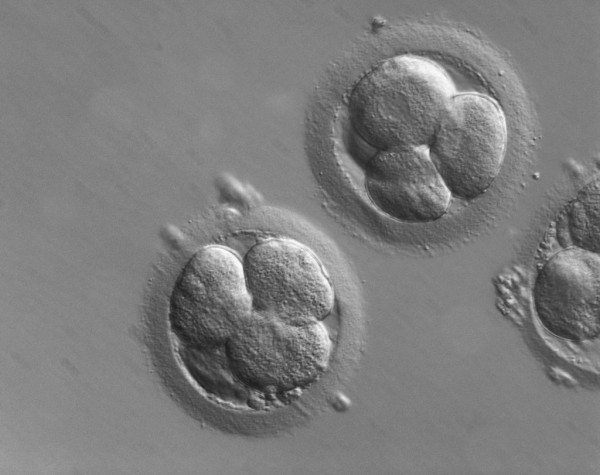By R.See, | February 15, 2017

Despite garnering critical scrutiny, the method of altering disease genes among adult human cells through CRISPR-Cas9 has received significant support. (ZEISS Microscopy/CC BY-SA 2.0)
Human gene editing has received the approval of top science organizations. A panel noted that scientists should be allowed to engineer the DNA to prevent serious medical conditions.
DNA editing methods, such as CRISPR-Cas9, would allow scientists to genetically modify humans. The National Academy of Sciences, as well as the National Academy of Medicine, has released a new report supporting human genome editing.
Like Us on Facebook
The panel supports genetically modifying the human genome, albeit reluctantly, to modify the DNA to combat or eliminate the possibility of developing serious medical conditions, as well as a trait that could be passed on to future generations.
However, the authors of the report stated that the support comes within the bounds of enhancing the human genome for medical purposes, so genetically enhancing other traits such as intellect or strength should remain out of bounds.
Genetically modifying the germline, which is known in the scientific field to be an integral part of the human reproductive process, is illegal in the United States as well as deemed unethical.
Despite garnering critical scrutiny, the method of altering disease genes among adult human cells through CRISPR-Cas9 has received significant support.
The method shows promise in treating certain types of cancers, as well as metabolic disorders. It seems to respond well to diseases that develop from genetic mutations, all the while without altering the germline.
It remains to be seen whether this would be a permanent step against battling terminal diseases. Scientists within the relative field are still split in regards to the ethics of the issue. Some scientists have stated that the method could lead to unforeseen unprecedented effects on the human genome; which could prove to be irreversible.
-
Use of Coronavirus Pandemic Drones Raises Privacy Concerns: Drones Spread Fear, Local Officials Say

-
Coronavirus Hampers The Delivery Of Lockheed Martin F-35 Stealth Fighters For 2020

-
Instagram Speeds Up Plans to Add Account Memorialization Feature Due to COVID-19 Deaths

-
NASA: Perseverance Plans to Bring 'Mars Rock' to Earth in 2031

-
600 Dead And 3,000 In The Hospital as Iranians Believed Drinking High-Concentrations of Alcohol Can Cure The Coronavirus

-
600 Dead And 3,000 In The Hospital as Iranians Believed Drinking High-Concentrations of Alcohol Can Cure The Coronavirus

-
COVID-19: Doctors, Nurses Use Virtual Reality to Learn New Skills in Treating Coronavirus Patients











